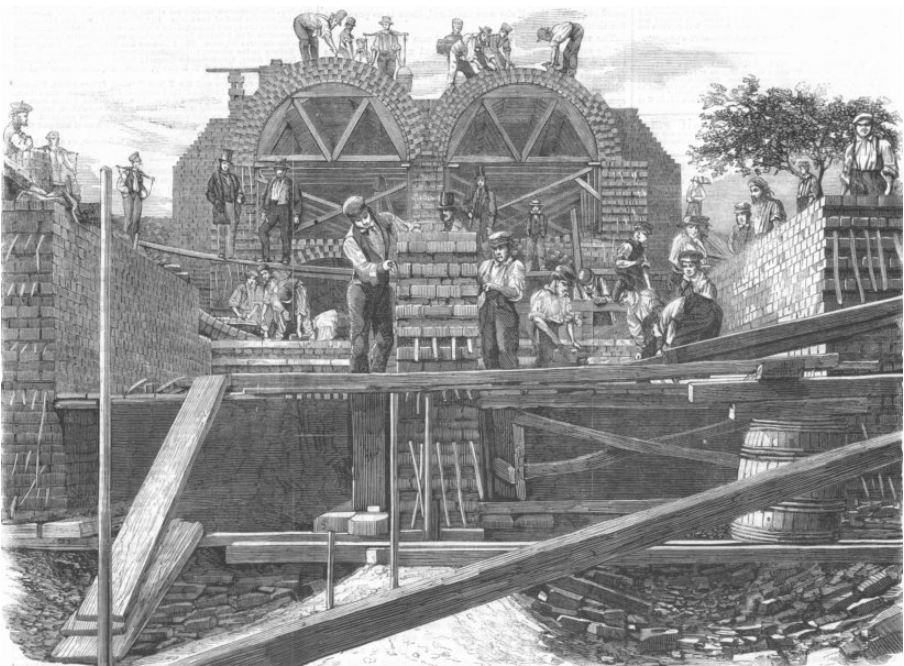The profession of civil engineering was born from the industrial revolution with the vision of “harnessing the forces of nature for the benefit of mankind”. Before this step-change engineers created castles, stately homes and cathedrals, but afterwards created the infrastructure and utilities to underpin the health, wealth and wellbeing of a nation.
For 200 years we have reaped the extensive benefits of the engineering professions, based on a clear moral framework. However, the urgent issues of habitat loss, resource overconsumption and catastrophic climate change mean that the situation now is completely different to the one in which our moral framework, and therefore our rules of behaviour, were formed.
US psychologist Lawrence Kohlberg identified that ethical behaviour is a cognitive process, based on three levels of moral development: the first and basic level is “preconventional”, this involves doing things for immediate reward or to avoid punishment, and is the level applied by young children and domesticated dogs; the second level is “conventional”, this involves following rules or laws and fitting in with other people, this is the level used by most adults most of the time; the third and highest level is “postconventional”, this requires consideration of long term consequences and is the ethical basis for law and democracy, this level is mentally demanding and few people operate at this level much of the time. The postconventional thinking which forms the moral basis for our profession was forged during the industrial revolution, and all of our laws, contracts, codes of practice, and education reinforce these values.
Step-changes in a moral framework (such as the abolition of slavery) can be identified as events where behaviours are completely normal to one generation, but unthinkable to later generations. History demonstrates that such step-changes typically take decades or centuries to come about, following a pattern of “Know – Feel – Do”. We first need to “Know” the right thing to do, by conducting the difficult postconventional thinking and winning the logical moral argument; we then need to “Feel” the right thing to do, by adopting the new behaviours into law or codes of practice; and finally we need to “Do” the right thing, making the behaviours so normal that they become automatic.
Historically, delays to enacting step-changes in behaviour (i.e. the adoption of postconventional moral reasoning into common practice) have resulted in years of avoidable human suffering: gender equality, gay rights and attitudes to construction safety, being obvious examples. However, the current threats of climate change and habitat loss mean that the requirement for change is uniquely urgent, as delays now will have catastrophic and irreversible consequences. The construction industry, as one of the largest consumers and polluters, is front and centre in the need for urgent change.
Stating that our industry “must think harder” and “must do better” are vague and useless sentiments. Therefore, a more pragmatic approach is to understand the blockers to postconventional levels of moral reasoning, and then identify measures which will enable acceleration of the “Know-Feel-Do” process of change. Key barriers to postconventional levels of moral reasoning within our industry include:
- Double Think – our innate ability to believe mutually exclusive things at the same time. This can best be combated by changing our approach to education away from purely “knowing” things, to actually “feeling” them. As humans our decisions are rarely based on knowledge and fact alone, if we have a visceral experience of the energy or resources used by a process, we become empowered, as our feelings can then influence our decisions and behaviours;
- Proximity of Consequence – our brains focus on the things we can see and feel. Within the construction industry our supply chain is hugely dispersed, making it extremely difficult to make holistic decisions. The adoption of appropriate metrics, and linking individuals’ decisions to their physical consequences, can be a useful tool to close these gaps.
- Mental Effort – postconventional thinking is exhausting, we therefore need to make it easy and normal. The habit of asking questions such as “what can you do to reduce the embodied carbon?” or “what will this be like in 50 years’ time?” can help set the conditions for change.
- Fear of Isolation – humans are social animals and our understanding of “good” is intrinsically linked to what is “normal”, we must therefore consciously shape our norms. Industry awards must be aligned with our latest postconventional ethical perspectives. We should tell new stories (the job where I created the most habitat, not the job where I poured the most concrete), and we must consistently support rebels. Even when people are wrong, we must praise them for questioning and thinking differently.
- Take Ownership – arguments against unilateral action are rooted in preconventional and conventional moral reasoning, and completely inhibit the vital postconventional reasoning required to bring about change. History shows that unilateral action is the only morally defensible stance, and the essential precursor of universal change.
- Material Consequences – our commercial and economic environment make it extremely difficult for commercial organisations to provide moral leadership, the best hope is therefore to turn to collectives and institutions. Our professional institutions must be firewalled against commercial pressures in order that they can cultivate the new postconventional moral framework. This thinking should form a new vision, which then underpins vital changes to contracts, design codes and legislation. Our institutions must become rigorously evidence based, and lobby relentlessly for the fundamental systemic change required to realign commercial drivers with the needs of the future.
- Language – in order to do the hard thinking, and then embed this new morality into our behaviours, we need appropriate language. The introduction of negative terms such as “Resource Gluttony” or positive phrases such as “A Phoenix Project”, will enable and accelerate this vital change.
It is now increasingly obvious that we are at a step-change in the relationship between the built and natural environments. Current levels of resource consumption, pollution and habitat loss, that appear normal to us, will be abhorrent to our grandchildren. We have reaped the benefit of our infrastructure and utilities for two centuries, but as built environment professionals we must, once again, redefine the moral basis for our industry.
The global scale of these problems can feel overwhelming, lulling us into a false but comforting feeling that we are just passengers, impotent to change the course of our industry. However, instead of considering our actions in isolation, we must view our behaviours in the context of nudging our collective moral framework in the right direction.
Through small individual actions, in the stories we tell, the words we use, and the questions we ask, we can create the fertile environment required for change to happen. By slightly altering our behaviours we can unlock our collective ability to engage with postconventional moral reasoning and accelerate the urgent “Know-Feel-Do” process. These simple steps will empower us to transform our industry in a handful of years, rather than decades, and provide vital global leadership in the battle against climate breakdown.


